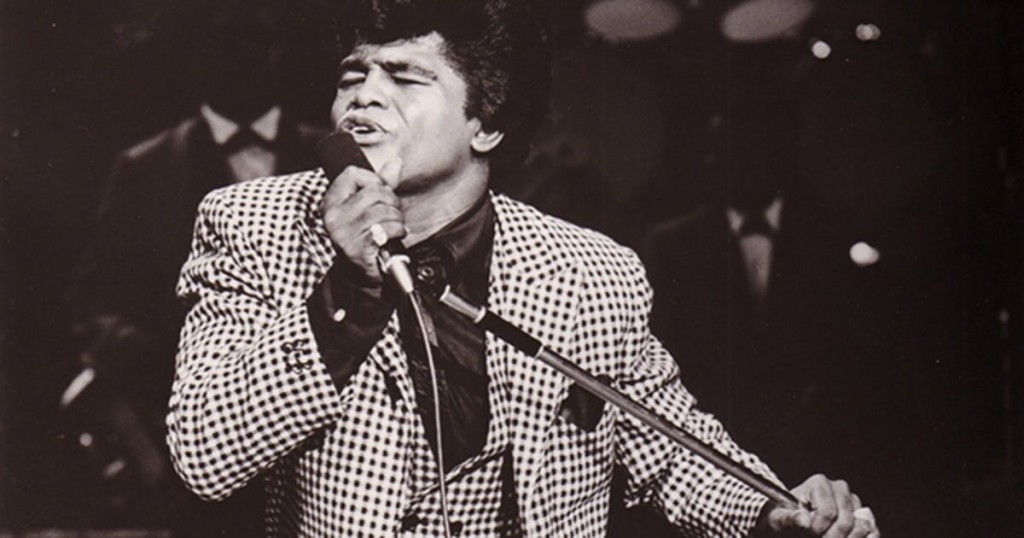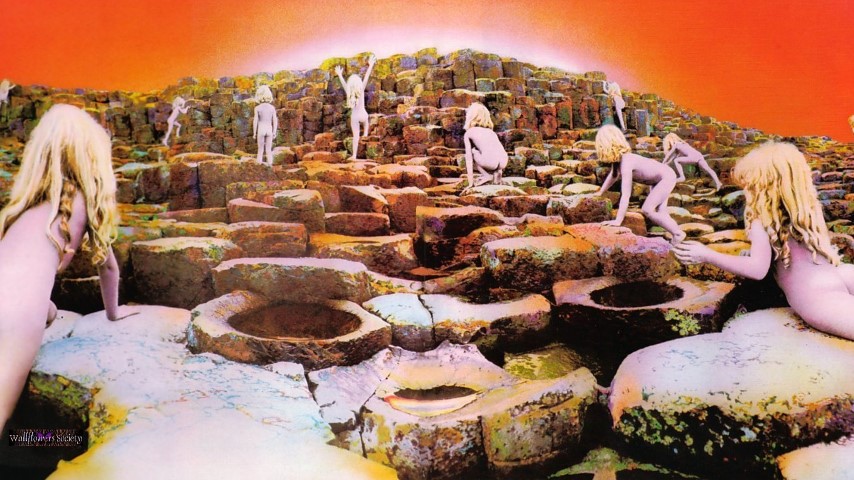
Why soul music is still relevant
By Jillian McMullen, Staff Writer
The media hasn’t exactly presented the current international political environment all too positively. Although here in Canada we enjoy relative distance from the source that instability, the constant barrage of scandals feels exhausting. It sometimes feels as though it is undoing the work of past activism, threatening most significantly basic equality. During these times, people turn to the arts for sources of inspiration and hope. That we can still hold up Sam Cooke’s lyrics in “A Change is Gonna Come” is probably evidence enough that soul music isn’t uniquely relevant to the ’60s and ’70s.
Soul music was born out of African-American music from the southern US, particularly with the melding of the rhythm and blues and gospel music. The genre is marked by emotional intensity of the lead vocalist, call-and-response between that lead and the band, and catchy rhythms. Artists like Sam Cooke, James Brown, and Ray Charles are emblematic figures who helped to establish the genre’s popularity in the ’50s, with Solomon Burke and Atlantic Records essentially codifying the movement in the early ’60s, according to music critic Peter Guralnick. While pure soul declined in the ’70s, its influence on contemporary genres cannot be denied: Rock, contemporary R&B, and hip hop all owe a huge debt to soul artists like Aretha Franklin and Marvin Gaye.
Soul music is important because it speaks to the Black experience in the US. It was the music of the Civil Rights movement—as artists became more politically aware, the more their lyrics sung of equality and black pride. In “A Change is Gonna come,” which was released in 1964 after the singer and his wife were denied a room at white-only hotel, Cooke sings “I go to the movie/And I go downtown/Somebody keep telling me don’t hang around,” an obvious reference to the strict segregation of the Jim Crow South. Each verse addresses similar inequalities, but is framed with the chorus singing “It’s been a long time coming/But I know a change is gonna come,” echoing a hopefulness despite the politics of white America.
James Brown took a different angle with his musical activism with the single “Say It Loud (I’m Black and I’m Proud).” The title of this song, which was released only four months after the assassination of Dr. Martin Luther King Jr., speaks for itself.
These themes still resonate today. The contemporary genres that owe their origins to soul are similarly incorporating protest into their music: Beyoncé’s Lemonade may have never happened if Aretha Franklin hadn’t first demanded the respect she deserved in 1967.


